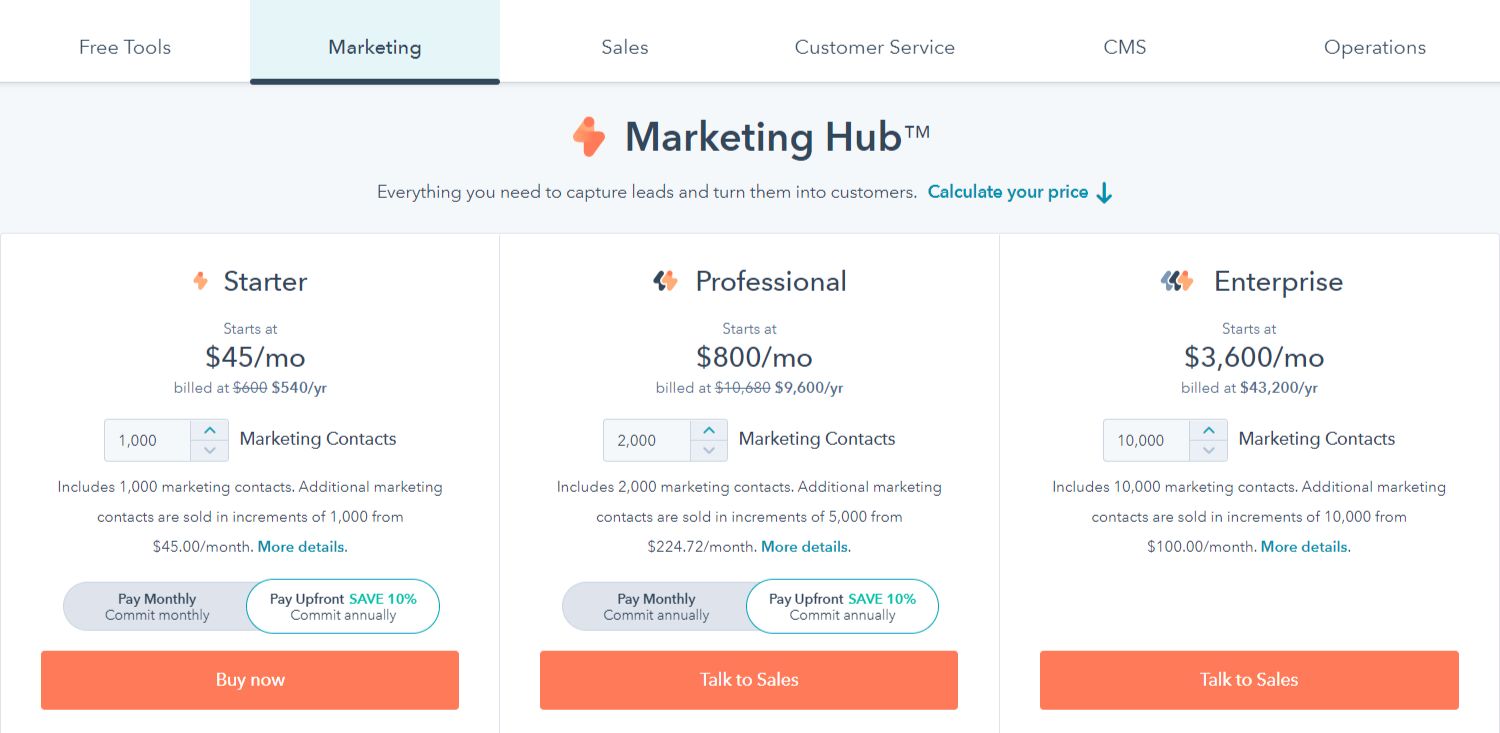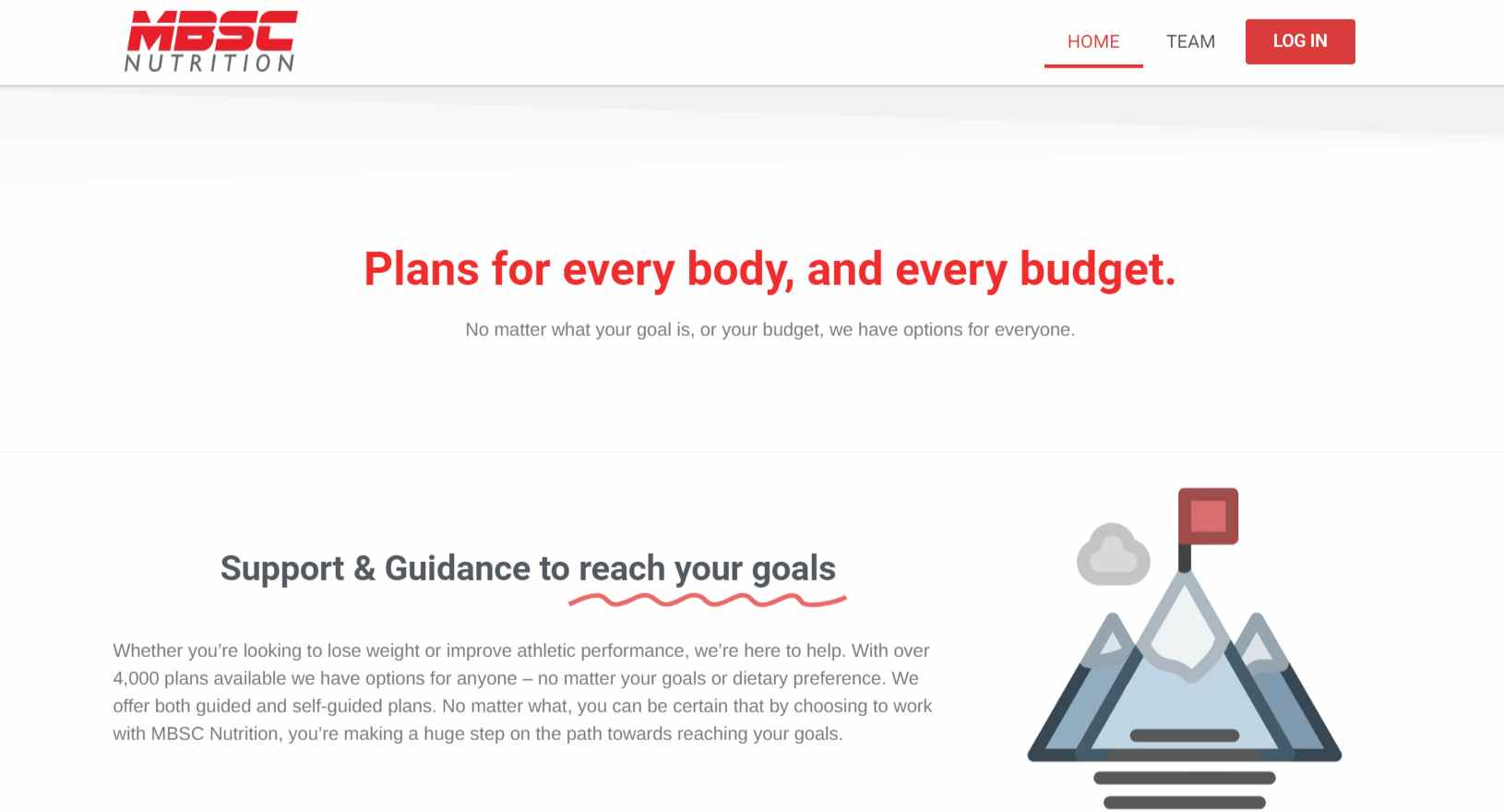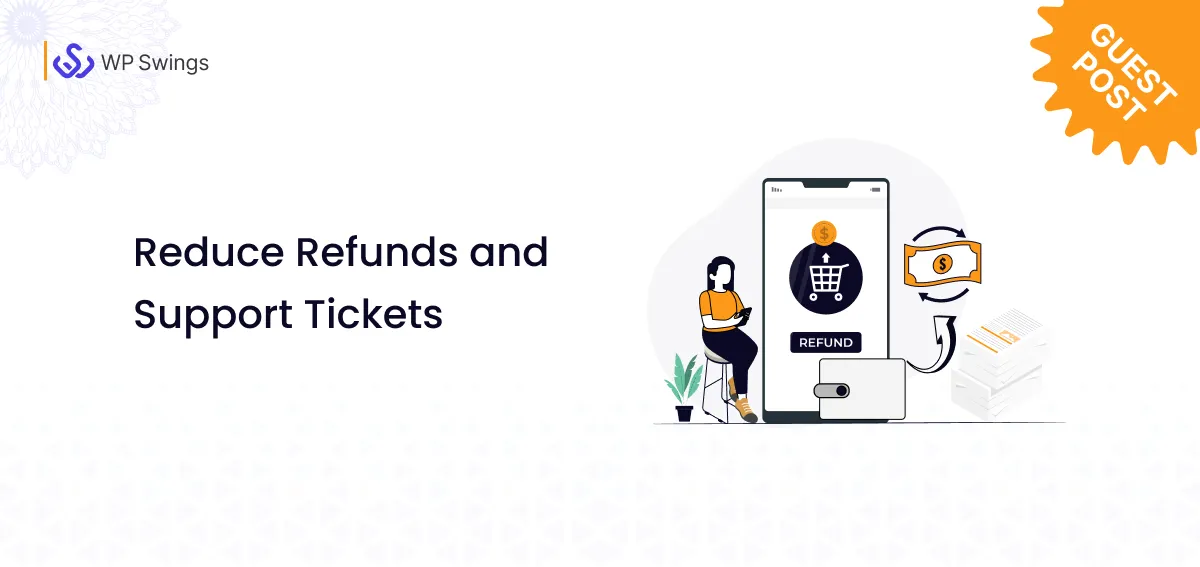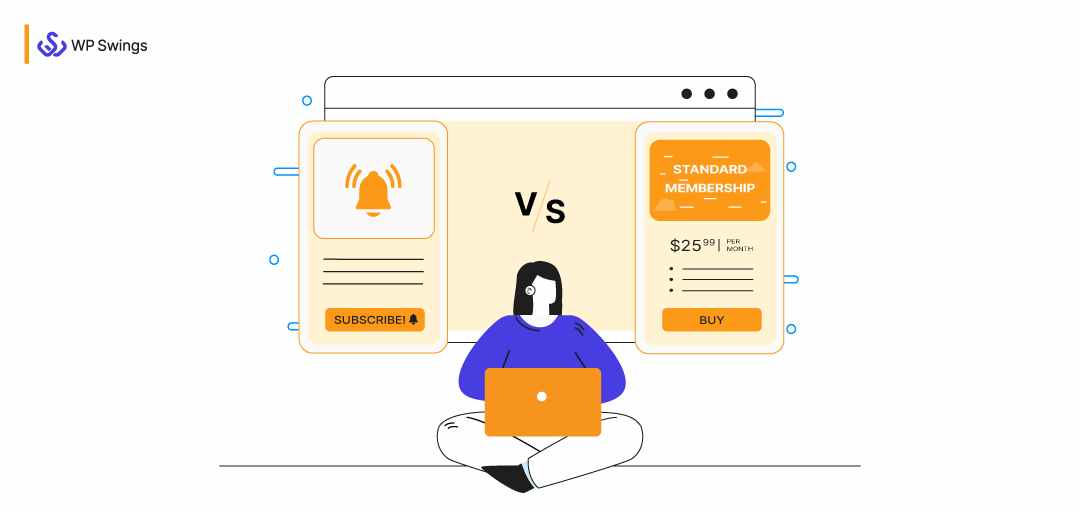
Subscription and Membership are both recurring models and both are growing extremely fast in the emerging landscape of eCommerce, but here the question arises, Which one to choose?
Don’t worry, soon you’ll have enough information to know which one suits better for your business and you’ll confidently be able to choose between membership and subscription programs.
Subscription and Membership are usually treated as synonyms to signify the business models based on recurring payments. It creates a puzzle in the minds of the people. But, the difference exists between the two.
If we specifically talk about the Subscription-based business model, the customer gets monthly or yearly access to products, services, and tools by paying recurring subscription fees. On the other hand, with Memberships, the customers become part of an exclusive community.
In this blog, we are going to clarify your concept regarding Subscription and Membership, What types of businesses can adopt these models, and which one to choose.
Table Of Contents
Difference Between Subscription And Membership
Before proceeding further let’s see the key differences between subscription and membership
-
-
- Purpose and Focus: Subscriptions are primarily focused on providing continuous access to content, services, or products.For example, streaming services like Netflix and Shopify and Software as a service (SaaS) platforms.
On the other hand, memberships focus on creating a community or a sense of belonging, mostly with added benefits beyond the core service such as professional associations, clubs (like Costco or gym memberships), and loyalty programs.
-
-
-
- Value Propositions: In subscription, the value derives from regular, ongoing access to the subscribed service or product.
While on Membership the value includes both the access provided by the subscription and additional perks like exclusive events, networking opportunities, special content, or discounts.
-
Transform Your eCommerce Store Into a Subscriptions Store!
-
-
- Engagement and Relationships: In a subscription model engagement is often transactional, where the customer pays for access and uses the service as needed. In a membership model engagement is more relational, focusing on creating a sense of community, loyalty, and belonging among members. Members can also participate in forums, attend events, and interact with other members.
You can use gamification marketing to encourage your customers to engage better. For instance, some Membership based businesses provide attractive rewards to members who post in online forums.
-
-
-
- Benefits and Features: The benefits of a subscription model typically include access to the primary service or content. Benefits are usually limited to what is necessary to use the service effectively.
While, a membership model offers a broader range of benefits such as access to a community, special events, exclusive content, networking opportunities, and additional discounts or services.
-
-
-
- Pricing Structure: Subscription pricing is generally straightforward, based on the level of access (e.g., basic vs. premium).
Membership pricing can be tiered with different levels of benefits and may include initiation fees, annual dues, or other types of contributions.
-
Offer Membership Plans on Your WooCommerce Store!
Subscription And Membership Marketing Strategy
A huge difference lies between Subscription and Membership if we talk about their marketing strategies.
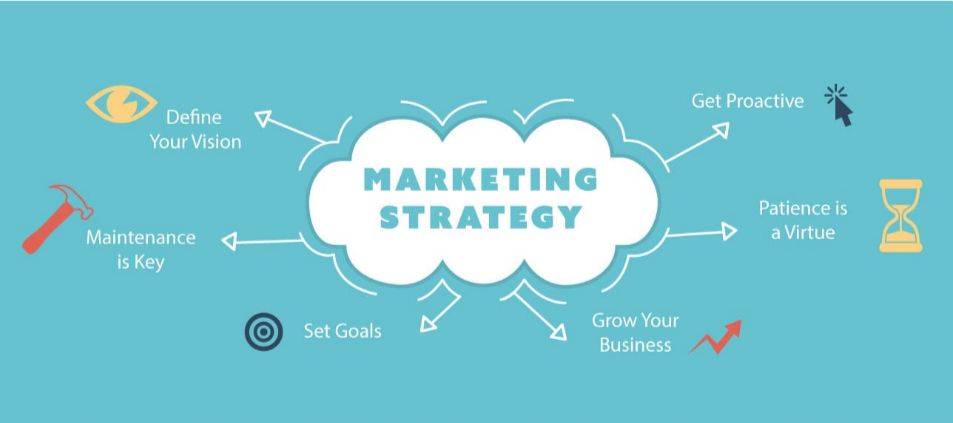
Source: straymediagroup
A good subscription and membership marketing strategy focuses on meeting the needs and interests of the target audience.
It involves offering personalized and valuable content that shows the benefits of being a member, such as special access to resources, early releases, discounts, and chances to join community activities.
But how do I serve personalized content to my audience?
Well, you can leverage the gathered user data by various methods including customer segmentation, gathering user feedback, and looking into your analytics platform for relevant data.
Using this data and customer feedback you can analyze and create personalized experiences for your customers which helps you to keep the offers relevant and satisfying
But what about promotions?
“When it comes to content, the best marketers know that self-promotion is good!” — Kieran Flanagan, VP Marketing, HubSpot
Promotion is a must. Promote your program through social media, emails, and via various content types including short reels and blogs.
Once you have enough customers proceed to create your customer referral program which can be an excellent way of customer service to build loyalty and a sense of belonging leading to long-term growth and success.
Plus the referral gives you more customers.
Piqued your interest? Learn more about subscription marketing
Examples of Subscription Business Model
Paid subscription models are highly convenient for customers. Here, customers need not rush to the shops and research their products. They have the flexibility to try out new products. It enables customers to get the products just by signing and subscribing to them without any hurdles.
1. SaaS Providers
Businesses can provide software products as a subscription service for providing smooth, secure, cost-effective, ascended solutions to customers.
Offer email software, design, and editing tools, email software- anything that you want in the form of recurring services.
For instance, HubSpot provides its products and services to customers on a subscription basis.
Today Google, Salesforce, Adobe, and Slack all have adopted the subscription models. Just upgrade your software products and regularly update them. Believe me, it will be a great idea!
Customers will be able to take a demo before any dedication. Collect your online payments hurdle-free. Consequently, you will be able to measure your growth and predictable revenue.
Are You Confused About Setting Up Subscriptions on Your WooCommerce Store?
2. On-Demand Content Providers
It is estimated that by 2025, SVOD (Subscription Video On Demand) revenue will hit $100 million for 138 countries.
Media and entertainment industries can adopt subscription models for providing exclusive content to their subscribers.
Amazon Prime, Netflix, and Spotify- all are delivering on-demand content in exchange for Subscription fees for providing access to content for a fixed period.
On-demand content delivery ensures high engagement rates, trust, and monetization of content.
Customers can enjoy the music, movies, and video content whenever they want!
3. eCommerce Businesses
Today, the Subscription boxes business model has become very popular. You can deliver physical goods or curated products with the Subscription boxes regularly.
eCommerce businesses can offer subscription boxes considering their niche.
You can deliver the curated boxes to each of your subscribers so that they can try out your various products and pay subscription fees to you.
Whether it is hobby supply, meal kits, fashion, costume, or luxury. You can attract your customers who can be your lifetime subscribers.
Bespoke offers alluring items with boxes and lets the customers decide what they want to get.
4. Non-profit Organizations
Non-profit organizations can use Subscriptions to collect recurring donations through their online platforms. It can be a great way for donors to give money at a fixed interval of time without bearing financial pressure.
Subscriptions motivate donors for repeated payments and they engage frequently. It can be extremely flexible for donors to support needy people without any hesitation. It helps non-profit organizations to predict their upcoming plans and predict their funds.
For instance, CRY Foundation works for underprivileged children to provide them with food and education. It urges people to donate money to needy children through its website.
Examples of Membership Business Model
Do you want to get some membership business model ideas? Let us see some instances of the best membership models:
1. Gym Membership
Membership based businesses like Gym can provide digital membership plans for their customers. They can insist their customers sign up for a program for six months or a year. It is being used widely. As it will be quite flexible for your customers to get access to your fitness studio or gym.
Also, you can provide promotional offers to your gym members free of cost for the first month. With it, you can incentivize your customers or attract new ones.
For instance, ClassPass provides access to 30,000 fitness studios to its members, so that the members can try out different classes at a wide range of gyms.
2. Service Provider Business
If you are a business that offers services such as web development, coding, graphic designing, editing, marketing, counseling, or a direct-to-consumer type business, then you can offer digital membership to your customers.
For instance, CH Creative is a brand agency that utilizes a Membership model to strengthen its business website and it provides service packages on a subscription basis.
3. Edtech
You can adopt the Membership Model to provide educational courses, programs, and guidance to adults as well as children. If you are an expert in any specific field, then this can be the best option for you. After the pandemic, the online learning domain has accelerated very much.
The coaching, and guidance business performs very well in a virtual environment. The Membership enables learners to curate their plans according to their requirements. They will be able to enhance their skills and scale their operations.
For instance, Vedantu provides online courses, study material, etc through paid membership.
4. Brick and Mortar Stores
If you are running a brick-and-mortar store, then providing paid membership plans can be highly beneficial for your business.
You can think of providing plans such as Online scheduling, VIP customer rewards, on-site webcam access, etc.
For instance, Dunrovin Ranch is a brick-and-mortar business that runs a membership site for providing athletic membership services.
Which Model Should You Use?
We can’t say that the subscription model is better than the membership model. Or the membership model is better than the subscription business model.
Because it depends on your motive, business requirements, and some situations. Both subscription and membership can be beneficial for your business.
You can opt for memberships and subscriptions according to the factors mentioned below.
- The subscription model can be adopted if you want to connect with your customers for a long time.
- If you want a direct relationship with them.
- If you want to segment your customers precisely and understand customer choices.
- If you need clear customer data and to predict future revenue.
Whereas, the membership business model can be adopted when you tend to create a large community.
- If you don’t have money to spend much on marketing customers again and again.
- If you want speedy and direct feedback from your customers.
- If you want to get exclusive customer data.
- If you want additional revenue opportunities.
This will turn into a membership revenue model and can be one of the optimum membership business ideas
Create Your eCommerce Brand With These Branding Strategies
Conclusion
Every business needs more and more customers. Subscription and membership are great mediums to attract customers.
The business model significantly impacts the business processes. Both the subscription and membership models can be used to project revenues and grow faster. These are platforms with which you can attract new customers, reward them, and build strong relationships.
You can leverage plugins like Membership for WooCommerce or Subscription for WooCommerce to create your desired program.
It’s up to you what you choose. Because every business is different. They have their unique requirements. You have to choose which model fits best to your business- the subscription model or the paid membership model.

